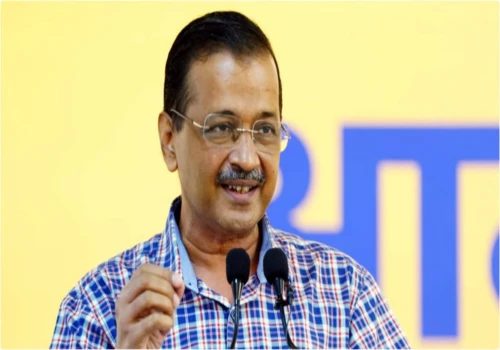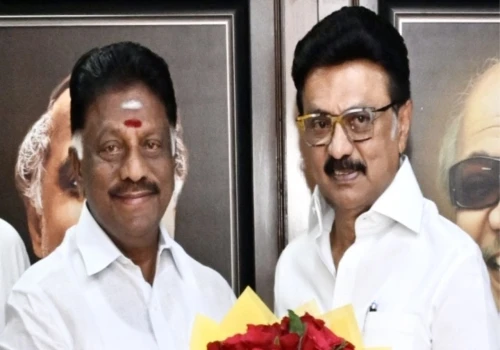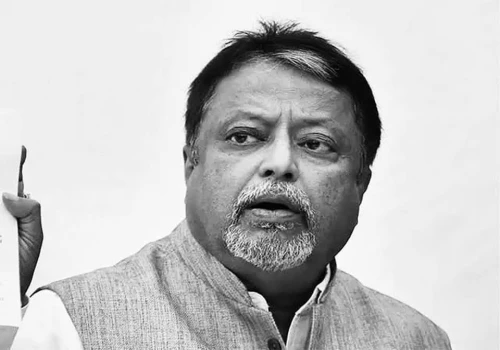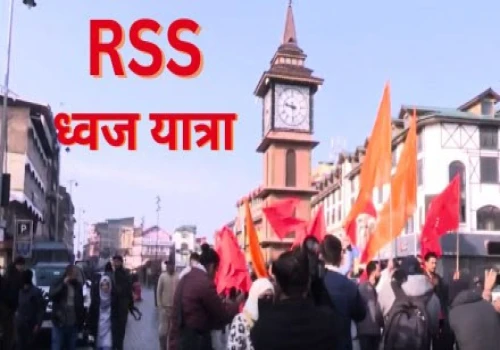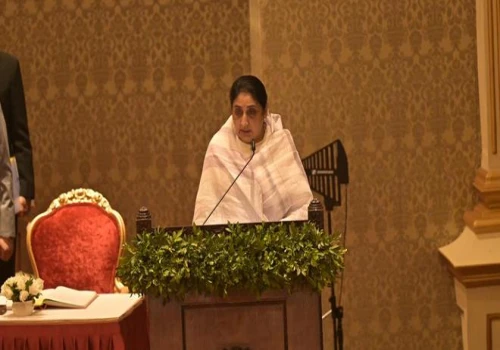
New Delhi: In the concluding parliamentary session of Modi 2.0, the government introduced three significant bills: the Jammu and Kashmir Reorganisation Bill, criminal law bills and, notably, the Telecom Bill. Of these, the Telecom Bill and the Jammu and Kashmir Reorganisation Bill hold paramount political importance.
The Supreme Court, in its judgment on the Article 370, set a deadline of September 30th, 2024, for conducting assembly elections, necessitating the passage of the Jammu and Kashmir Reorganisation Bill. Speculation arises that disruptions in parliament were orchestrated to obstruct this bill, potentially preventing elections in the valley. The bill entails an increase of one seat in the Kashmir Valley and six seats in Jammu. The BJP's stronghold in Jammu, coupled with an additional six seats and five nominations from Kashmiri Pandits and PoK refugees, could provide the BJP with leverage and the possibility of forming a government—an outcome indeed not favourable to the opposition leaders.
However, their primary concern would lie in the Telecom Bill 2023, aiming to overhaul the telecom sector. The alleged 2G spectrum scam during the UPA era had severely impacted the telecom sector. Uncontrolled distribution of 2G spectrum led to significant economic losses as it was sold to entities unrelated to the telecom sector. Subsequent Supreme Court rulings mandated spectrum auctions to mitigate the problem. But the misery aggravated with the advancement in telecom, as thereafter, the loans granted to 3G spectrum buyers went unrecovered, leading to Reliance Jio establishing a robust 4G network. Meanwhile, companies like Idea-Vodafone struggled to repay loans taken for 3G spectrum, resulting in insolvencies. The advent of 5G further strained these financially weakened companies, necessitating not only spectrum auctions but also administrative allocation of the spectra.
Starting a telecom company in India is already challenging due to numerous compliances and permissions. The Telecom Bill seeks to address these complexities, aiming to streamline the process and introduce administrative allocation to cope with the fast pace of technological advancements.
In a bold move to untangle the complexities within the telecom sector, the government introduced the Telecom Bill 2023, aiming to repeal archaic laws such as the Indian Telegraph Act 1885, the Wireless Telegraphy Act 1933, and The Telegraph Wires Unlawful Possession Act 1950. This transformative legislation is poised to revolutionize the telecom industry, ushering in transparency, prohibiting monopolies and simplifying bureaucratic hurdles with a single window clearance system.
The Telecom Bill also addresses issues related to the uncontrolled distribution of mobile SIM cards, a breeding ground for various frauds, by introducing biometric linkage with SIM card purchasers. While this move is expected to face protests for potential breaches of privacy, the legislation encourages companies to collect biometric data during SIM card distribution. Additionally, the bill extends its influence to the emerging frontier of satellite internet, where major players like Tesla's Elon Musk, Amazon and Airtel are making significant investments.
The legislation governs the allocation and transfer of spectrum, ensuring fair competition and preventing monopolies in internet services. Notably, the government can intercept any call—whether traditional or internet-based—for national security purposes, a power granted by the Telecom Bill. Furthermore, in times of war, the government is empowered to take control of private telecom services, highlighting the legislation's comprehensive scope.
Telecom companies, anticipating the entry of foreign investments in the satellite internet sector, have to be discontent with the new bill. They have no medium to express the same but one! Hence, the winter session was marred by unprecedented chaos, stemming from a security breach where a group of youths infiltrated the public gallery, releasing smoke gas. The opposition, questioning the security lapse, attempted to disrupt the entire winter session, hindering the passage of crucial bills. In response, the presiding officers of both houses took the extreme step of suspending around 146 MPs. With this being the last session before general elections, the government, faced with no alternative, resorted to suspensions to ensure the passage of bills that hold paramount importance. While the next session is expected to focus solely on the budget, making this penultimate but technically the last parliamentary session a critical juncture for significant legislative advancements was a must for the government.



